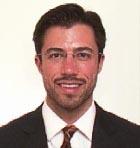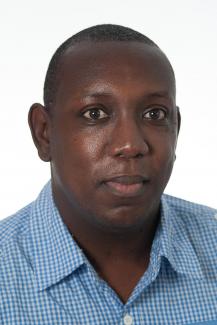The Role of the Private Sector in Improving Public Education
The purpose of this paper is to explore whether Liberia’s rich history with private and mission schools presents an opportunity today to improve the educational outcomes of students across both public and private schools. Using household survey data, Ministry of Education census reports, West African Examination Council exam scores, and open-ended interviews, we establish a number of stylised facts.
- Richer, more urban students attend private and religious schools, but these schools are nonetheless accessed by most income groups.
- Public education reaches more students, particularly poor students in rural areas, but is expanding its footprint in the cities as well.
- Standardised test results have been stronger in private and religious schools, but the gap appears to be closing.
- Despite strength in Liberia’s private and mission schools, government policy appears to be distorting the market for both teachers and students through rapidly rising teacher salaries and school lunch programs.
We discuss the potential for a voucher system to encourage school choice and healthy competition between public and private schools, and suggest a pilot program to measure its effects in Liberia.




